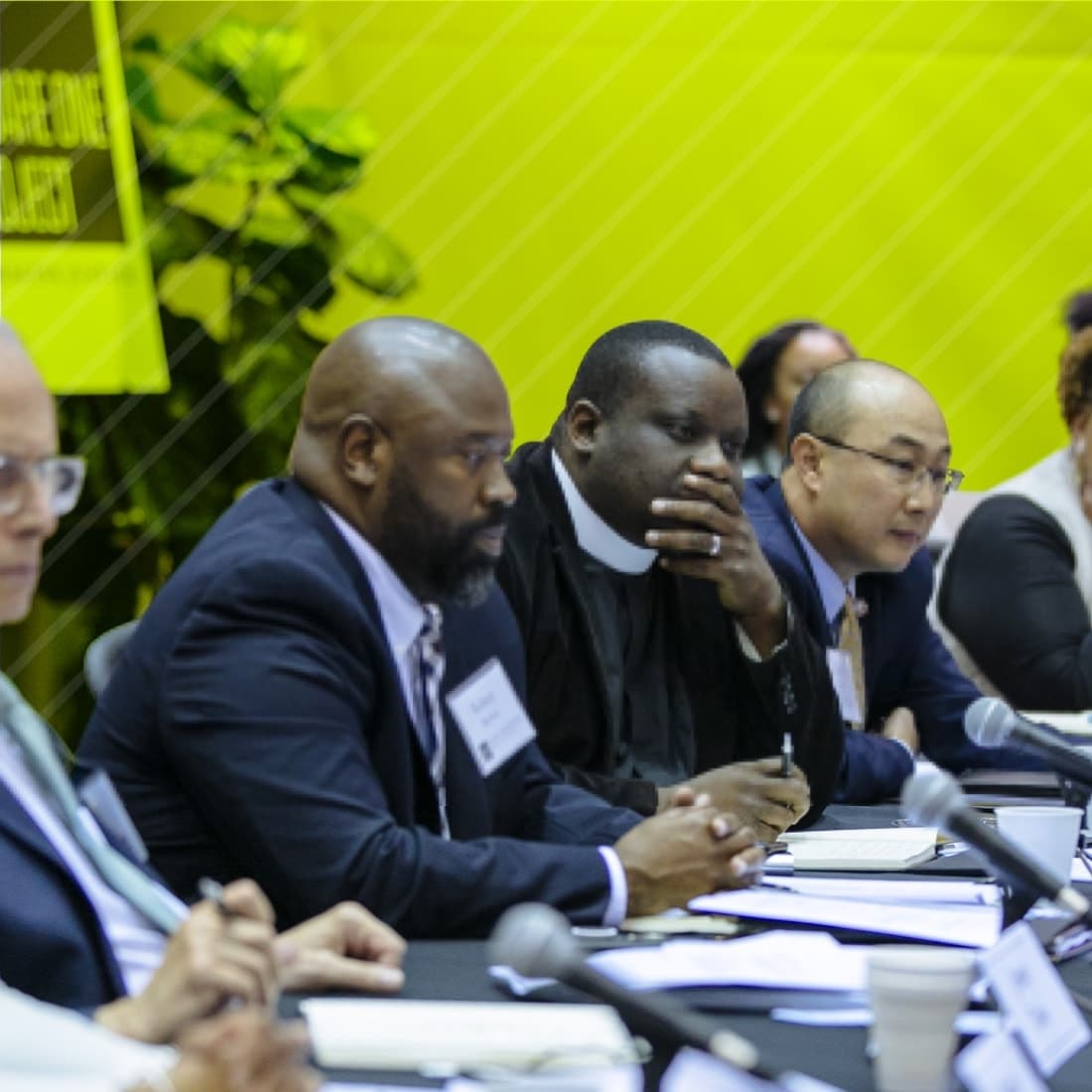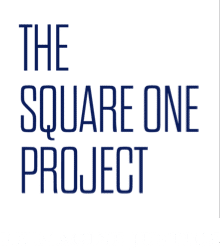
It’s time to reimagine justice that works.
Square One Is Reimagining Justice

The Square One Project is a narrative and cultural change organization that works with a cross-section of stakeholders––impacted people, organizers, policy advocates, systems practitioners, social service providers, artists, academics, and students––to change national and local narratives around punishment and safety.
We aim for people to base their language, attitudes, and behaviors concerning accountability and safety in values of truth-telling, power-sharing, and human dignity. These values stand as pathways for reckoning in order to reimagine justice.
We envision a different kind of public safety that does not rely on police and prisons, but a rich community life that has eliminated poverty and its myriad accompanying social problems, and that this will exist because “safety and justice” is defined and achieved well beyond the boundaries of the criminal justice system.
Updates

Square One recently mailed all 50 governors and the mayor of Washington, D.C. a copy of Parsimony, accompanied by this letter from Square One executive director Katharine Huffman. She pointed out that, “Even if each governor implemented just a few of the concepts explored here, it would go a long way to making our states safer and more just.”
Papers from the Executive Session on the Future of Justice Policy have been published as an edited collection in Parsimony and Other Radical Ideas about Justice! The book, edited by Bruce Western and Jeremy Travis, engages the national political conversation about dismantling mass incarceration and racial justice through the contributions of some twenty authors who participated for three years in the Square One Project, a national project of narrative change.
what we do
Through empathic facilitation and co-creation with our network of changemakers, The Square One Project creates containers for sustained conversations that name structural racism as a driver of injustice. We are on a search for the best ideas about how to make justice a reality for all, and we’re looking at what’s happening in neighborhoods, in research, in history, and among creative thinkers from every background and field.
We’re working with a broad group of leaders who are committed to understanding, developing, and deploying new ways of achieving public safety and healthy, thriving communities — from prosecutors, police officers and judges to local neighborhood members, city officials, academics, health providers, and more. We share and build on innovative ideas and solutions that are already working, and consider new ways of addressing the violence, poverty, and racial inequity that stand in the way of public safety and justice for all. Our work includes:
reimagining justice locally
Reimagining Justice Locally takes a hyper-local approach to narrative change by supporting community leaders in convening and building capacity to sustain narrative building and reckoning work, developing shared values, and determining what actions towards reckoning uphold those values. Square One is currently partnering with local champions for change in Oklahoma and Multnomah County.
Executive Session
The Executive Session on the Future of Justice Policy, which ran from 2018 to 2021, brought together more than two dozen researchers, practitioners, policy makers, advocates, and community representatives to generate and cultivate new ideas. The Session published a series of papers that is intended to catalyze thinking and policy reform that can reduce incarceration and develop new responses to violence and other social problems that can emerge under conditions of poverty and racial inequality.
RACIAL JUSTICE AND ABOLITION DEMOCRACY CURRICULUM
The Racial Justice and Abolition Democracy track is a model curriculum for a minor in Social Justice that will be made available to colleges, prisons, and community organizations. RJAD takes a multidisciplinary approach to the history of the United States through the lens of reckoning with racialized history and its link to democratic structures with an emphasis on the criminal legal system.
Roundtable on the future of justice policy
The Roundtable on the Future of Justice Policy was a series of public, live-streamed forums that brought together a cross-section of leaders, community members, academics, and other experts to consider discussion papers authored by leading researchers between 2018 to 2021. They were designed to spark transformational thinking about what we can expect for our communities and our justice system.
